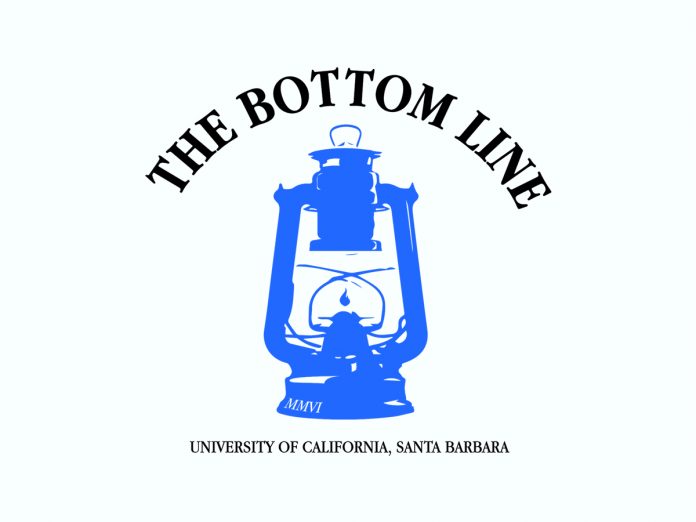Xander Apicella
Staff Writer
On Feb. 28, the UCs canceled their subscription with the world’s largest scientific publisher, Elsevier, to pursue Open Access (OA) for all of its scholars.
OA literature is published on the internet, free of most copyright and licensing restrictions. There are OA journals for new research and OA repositories to store published work. By allowing anyone with an internet connection to read and learn from a work, its impact is maximized. I believe anything less is a muzzle on academia, a blindfold taut across the eyes of the citizens of the world.
UCSB, along with the majority of the UC system, has embarked on a journey to fight this restrictive norm. On Apr. 22, UCSB announced that the library administration had signed Max Planck Digital Library’s OA2020 Expression of Interest, along with a smattering of other U.S. college campuses. OA2020 is an initiative to concentrate the push for OA.
It seeks to morph current subscription based journals to OA, channel the money once used for subscriptions to the creation of OA business models, and encourage institutions of scholarship everywhere to join in this transition to make the world a better place. Though it provides a Roadmap, it is a dynamic document built for the pursuit of myriad paths, each tailored to the scholarly community it serves.
This is important because service to their populations is becoming one of the primary reasons universities are going OA. The number of subscription-based journals and databases behind paywalls is too high for any of these institutions to get access to all of them. The impact of research cannot be felt if only a select few read and understand it. The paradox built by our current system, however, is that scholars feel like their work will receive less recognition if published in an OA journal.
We are in a changing time, one where the majority of well known publishers — companies like Elsevier — are not OA. These publishers are perceived as having the most impact and prestige. Impact and prestige are then used to extrapolate the quality of a journal. As a result, OA journals are seen as inferior in quality, despite the primary difference only being that they are newer.
Another major concern is money. The amount of money generated by subscription-based models is rationalized as a necessity for their methods of peer-review, display, and distribution of the works they take in. Individuals like Eileen Joy are fighting to prove that OA can work financially.
Joy is a local champion of OA and an example of its powers. She runs punctum books, an OA publishing company that seeks to publish the cast-outs of what she perceives as a misguided system. According to an article in The Bottom Line published in September 2018, Joy experienced rejection in her early career as an academic on the basis that her work took too many risks.
Her publishing company, in response to criticism from those with these failures of imagination, strives to prove that there is no such thing as too many risks. In taking in works of all kinds, punctum books embodies the ideals of OA as a concept — that all the musings and small breakthroughs of the active mind should be explored an shared with anyone interested.
UCSB’s recent actions reflect this — it has forged a partnership with the publishing company. This partnership sets up the Davidson Library as a headquarters for some of punctum books’ operations, beginning a two-year pilot program with two goals. The first is building an effective structure for punctum’s digital catalog in conjunction with OAPEN Library, an OA site that works with publishers to quality-control and collect OA materials.
The other component of the pilot program is the development of a funding model for punctum, a publisher that does not charge authors to publish their work. The program is considering a supporting library membership, where institutions can subscribe to support punctum, and individual reader donations. If these initiatives prove successful in the two-year period, the UCSB library and punctum books will consider a merger — punctum books would be part of UCSB, its official OA press.
In breaking free from Elsevier and working closely with groups like punctum, the UC system made a statement that other schools can follow. Knowledge is the most valuable tool in humanity’s possession. This newfound push for OA is knocking down the gilded gates that kept knowledge trapped; hidden from public gaze. The paywalls inherent to today’s world contradict the foundations of learning — that innovation can be pursued by any that desire it. Through this democratization of learning, the scholars of UCSB will have more leverage to impact Earth, and create a future better than our past.











